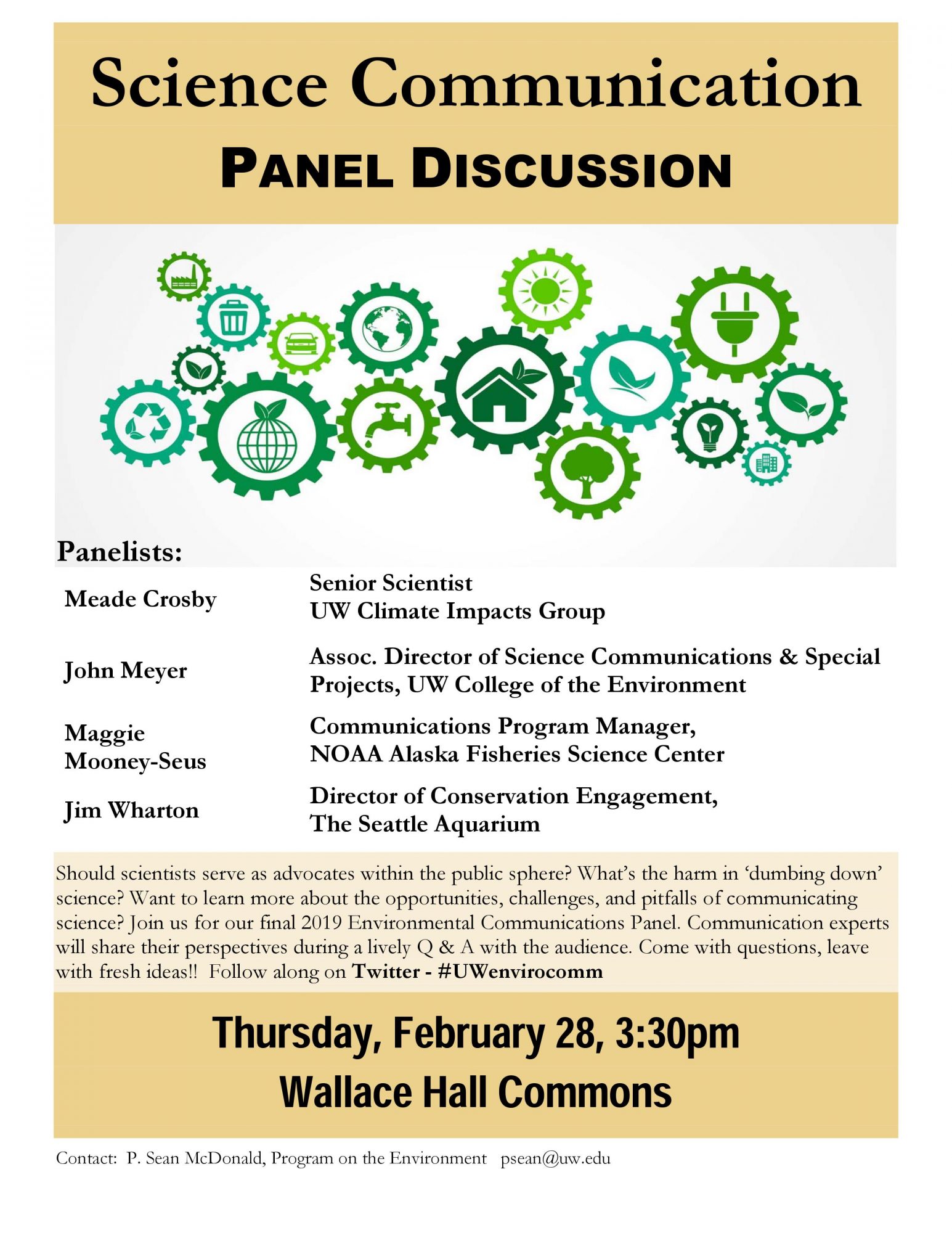“Reclaiming Food as Family Medicine”
“Living Breath of wǝɫǝbʔaltxʷ” Indigenous Foods and Ecological Knowledge Symposium
University of Washington, Seattle, Washington, May 3 and 4, 2019wǝɫǝbʔaltxʷ Intellectual House, 4249 Whitman Court, Seattle, WA 98195
Join us for this year’s Living Breath Indigenous Foods and Ecological Knowledge Symposium. This year we have opened our doors to invite you to two days of amazing panels and break-out sessions in honor of Native family food traditions. Register at, https://bpt.me/4099924
Check out our fabulous line-up of Speakers and Presentations:
Friday Keynote Address:
- Dr Rawiri Tinirau ,Te Atawhai o te Ao (Māori), Fiona Wiremu (Māori), “He moumou kai, he moumou tāngata: Kai governance, kai sovereignty, and the (re)production of Kai – He Rongoā ngā kai (kai as medicine).”
Saturday Keynote Address:
- Gail Gus Williams (Tseshaht), Charlotte Coté (Tseshaht), “tuukᵚʔasiił (cultivating) a Space for Community Healing, Wellness, and Revitalization: The Tseshaht Community Garden Project.”
Speakers/Panels:
- Lisa M. Barrell (Jamestown S’Klallam), Mack Grinnell (Jamestown S’Kllalam), “yəhúməct Taking Care of Yourself with Traditional Foods and Culture. Jamestown S’Klallam Traditional Foods Project.”
- Tli’linukw, Sara Child (Kwakiutl), Tłi’anis, Ema Sheena (Kwakiutl and Interior Salish, Kwakwaka’wakw Youth, “Hase’: Breath of our Ancestors. Language Revitalization and the restoration of Sa̱nala: Wholeness.”
- Noemi Perez Vargas (Zapotec community of Cuajimoloyas, Oaxaca Mexico), “Herencia de una Tierra Viva (Legacy of a Living Land).
- Isabell Ides (Makah), “Traditional Foods and Medicines-Hi·dasubač Intiative.”
- Janis Fairbanks, Jeff Savage, Ellen Friedrich, Zackarion LaRonge (Fond du Lac Band of Lake Superior Chippewa), “Nagaajiwanaang: Dakonigaade gaye ganawenjige i’iw gete-wiisiniwin dawiidookodaadiwag. (They take hold of and care of the old foods to help each other.) Fond du Lac Reservation: Reclaiming and Revitalizing Food Traditions for Community Wellness.”
- Adrianne Lickers Xavier (Six Nations), “Our Sustenance. Six Nations Food Access Program.”
- Shallee Baker (Port Gamble S’Klallam), “Port Gamble S’Klallam, Traditional Sustainable Practices.
- Vina Brown, (Heiltsuk/Nuu-Chah-Nulth) “ƛ̓kvḷá: Roe, Rights, and Resistance.”
- Mariaelena Huambachano (Quechua), “Food is Sacred: It is our “Right to Food and Holistic Well-being.”
- Glen Pinkham (Yakama), “Glen Pinkham verses Washington case – selling elk & deer jerky.”
- Talon Claybrook (Mvskoke), Brian Klopotek (Choctaw), Joe Scott, “Reflections on The Three Sisters Project: Growing Corn, Beans, and Squash Out of Place.
- Patricia Conway (Puyallup), Davina Barril (Tlingít), Chief Leschi School students, “Reclaiming Food as Family Medicine with Evergreen Tree Tip Teas and Herbal Honeys.”
Our final program schedule will be available in April.
Information on past events:
Visit our website, http://www.livingbreathsymposium.org/,
Facebook www.facebook.com/UWLivingBreath, and
Twitter @LivingBreathUW #livingbreath2018 #indigenousknowledge.
Sponsors: Na’ah Illahee Fund, UW Department of American Indian Studies, UW College of the Environment, UW Nutritional Sciences Program, Office of Minority Affairs & Diversity (OMAD), Bill Holm Center, UW Tacoma, School of Interdisciplinary Arts and Sciences, UW Tacoma, Assistant Chancellor of Equity and Inclusion, UW Canadian Studies Center/Jackson School, Indigenous Wellness Research Institute (IWRI), UW Department of Geography, The Acequia Institute, Dr. Marc Gladney, wǝɫǝbʔaltxʷ Intellectual House, UW School of Medicine, Dep’t of Bioethics/Humanities, UW Tacoma, Division of Social and Historical Studies, Glen Pinkham.
Our 2019 Living Breath Symposium Committee: Susan Balbas, Jordan Brown, Charlotte Coté, Dian Million, Michelle Montgomery.
——————————————————————————————————————–
Charlotte Coté (Tseshaht/Nuu-chah-nulth), Ph.D.
Associate Professor, University of Washington, Department of American Indian Studies, Box 354305,Seattle, WA, 98195,(206)221-6549, https://ais.washington.edu/.
Author: Spirits of Our Whaling Ancestors: Revitalizing Makah and Nuu-chah-nulth Traditions, UW Press, http://www.washington.edu/uwpress/search/books/COTSPI.html.
– Affiliated Faculty, UW Canadian Studies Center Henry M. Jackson School of International Studies, https://jsis.washington.edu/canada/
– Chair, UW wǝɫǝbʔaltxʷ Intellectual House Planning Committee, http://www.washington.edu/diversity/tribal-relations/intellectual-house/committee-members/.
– Chair,”The Living Breath of wǝɫǝbʔaltxʷ” Indigenous Foods and Ecological Knowledge Symposium Planning Committee, www.facebook.com/UWLivingBreath?fref=ts.
– Co-Editor, Indigenous Confluences Series, UW Press, http://www.washington.edu/uwpress/books/series/SeriesIC.html.
– President, Potlatch Fund, http://www.potlatchfund.org/.



